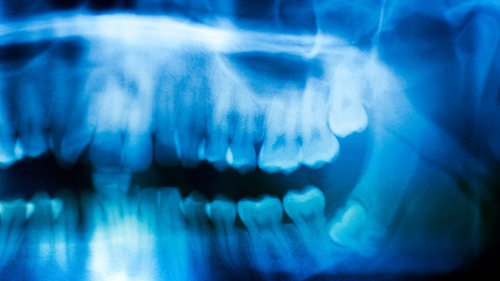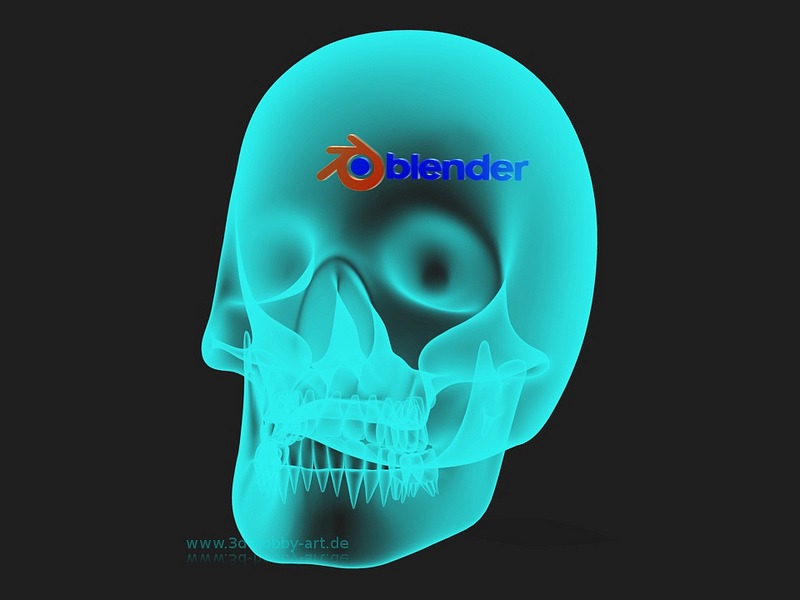3-D x-rays in orthodontics are a game changer

Ricky Romero via Compfight cc
Every so often there’s an orthodontic technology that absolutely changes the nature of the practice. These game changers can help orthodontists to do their job better than ever before as well as to create more efficient and predictable results. Three-dimensional radiographic technology is widely becoming a staple in many orthodontic offices because it leads to a better orthodontic treatment, less radiations and more efficient orthodontic results.
3-D x-rays have been around since 2001 and recently the technology has become affordable enough for wide range access across multiple offices. The technology is very similar to that of the CT scan but for orthodontic purposes the scans are much faster and they require far less radiations than traditional medical x-rays because they can provide results in just 10 seconds rather than medical CT scans to take anywhere between three and 5 minutes.
This type of technology derives its success from the use of highly sophisticated computer software. The x-rays that it takes are placed into the software which will eventually generates a special view and a computer model of the patient’s mouth. When the model has been created the software allows the orthodontists to move around the 3-D image of the patient’s mouth to examine the entire structure from a variety of different angles. This can help an orthodontist to identify any issues much more readily as compared to the simple 2-D x-ray technology.
With all of the data that’s being collected in a 3-D x-ray a doctor can easily put together a 3-D model that they can use to generate simulations which can help orthodontists to shorten the length of an orthodontic treatment. Orthodontists are able to capture all of the x-rays and data that they need in one simple x-ray rather than having to capture several different angles and expose patients to more radiations.
More software tools:
The software goes far beyond; creating 3-D models and also appealing away overlying structures to give orthodontists a perfect view of any structure within a patient’s mouth. This means that they can look at an individual tooth, the structure of bones and more all within the software. Medical studies have shown that with these types of tools doctors are able to diagnose 40% better than with the use of traditional 2-D x-rays. With better and more accurate diagnosis patients will receive better treatment and much more efficient results especially with the use of specialty software that allows orthodontists to perform simulations. Simulation software will allow an orthodontist to try several different treatment options as well as show the patients exactly how their teeth will look after treatment has concluded.
3-D x-rays were originally regarded as something that would never be affordable for private office and is a bit of a gimmick. For orthodontists who are using 3-D x-rays in their practice every day, there is absolutely no turning back and knees’ tools will certainly be around in private practices for many years to come.
If you have any questions about 3-D x-rays and the tools that we use at our office , contact Team Demas orthodontics today.
Team Demas Orthodontics –
27 Meriden Ave #2a, Southington, CT 06489, USA
Phone: 860-276-0333
3-D X-rays in Orthodontics
[super-post id=”sp54cb23748cbc4″ title=” Related Posts” items=”5″ show_title=”true” title_length=”0″ title_ellipsis=”…” show_thumbnail=”true” remove_no_thumbnail=”false” icon_height=”40″ icon_width=”40″ icon_empty=”1681″ show_comments=”true” comment_icon=”/wp-content/ plugins/super-post/images/comments.png” show_date=”true” show_date_link=”true” date_icon=”/wp-content/ plugins/super-post/images/date.png” date_format=”F j, Y” show_author=”false” author_title=”View all posts by {author}” author_icon=”/wp-content/ plugins/super-post/images/author.png” show_category=”false” first_category=”true” category_separator=”, ” category_icon=”/wp-content/ plugins/super-post/images/category.png” offset=”0″ page_range=”5″ load_text=”Load more posts” query=”related” order=”DESC” post_status=”publish” title_trim=”words” load_style=”none” template=”left”]



